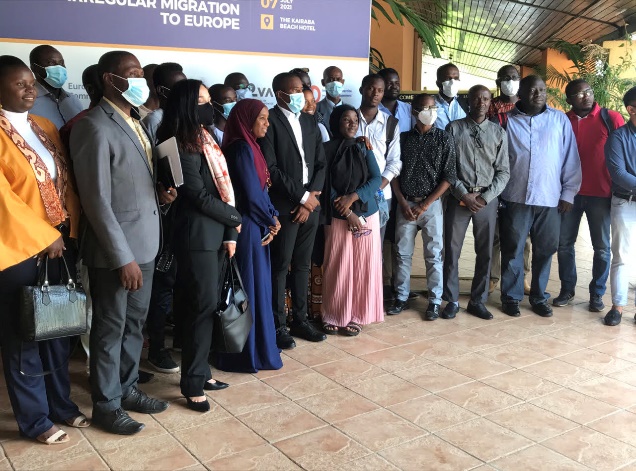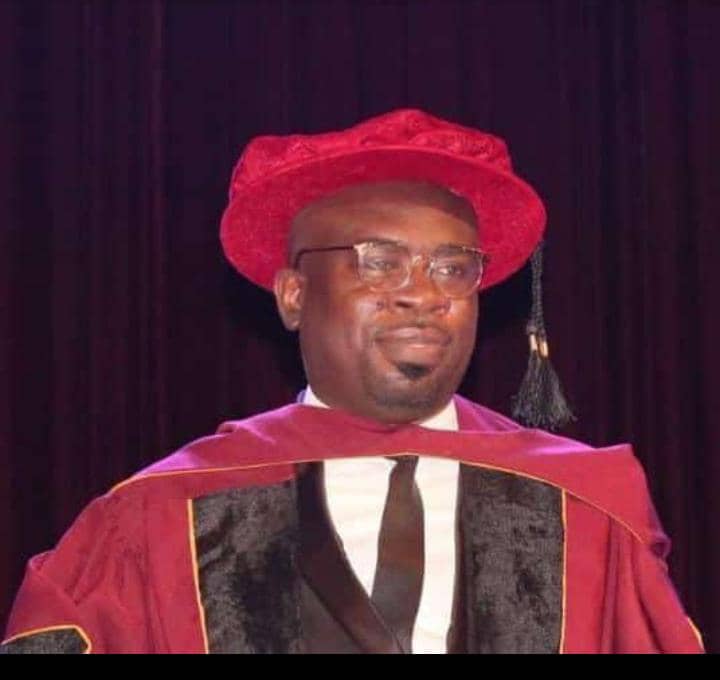By Binta Jaiteh
Nova – Africa and Institute of Research for Development has sought to look for pragmatic solutions on how to put a stop to rise in irregular migration through a project that would be used to seek-information and proffer sensitisation.
The project also aimed to present the findings to NGOs, academia, policymakers, governmental organizations and the Media.
Speaking at the programme at Kairaba Beach Hotel, Doctor Cartia Batista, said they had broad partnership with many organizations and that “the project is funded by IMF and European Commission to see how best this irregular migration can be changed. We are all aware of the riskness of the Mediterranean Sea and a lot of Gambians have travelled to European countries.”
“The dangers are well known and this is the starting policy and designing the project [and] the main questions is how can this irregular migration be changed and the factors responsible for the youths to embark on this irregular journey,” she added.
According to her, one of the steps we took to make sure this irregular migration stop is by providing information, may be people are not aware of the effects.
She continued that: “we thought of vocational training and this could be a way to develop skills thinking of other job to change their decision. We set up a mechanism to facilitate migration in Dakar and also have testimonies of migrants’ returnees in the Gambia who explained their experiences.”
Dr Tijan L Bah also said that: “during the pandemic there were restriction in most countries which led to closure of borders. The pandemic has challenged the irregular migration in 2020 adding that 34,000 migrant returnees from the Mediterranean Sea.”
He said unemployed of migrants has increased and there is evidence that, whenever there is a lot of migrants covid exposure is high, adding that “we gave information to the people but we have seen that covid 19 did not reduce migration. Migration in Europe is costly than in Senegal.”





